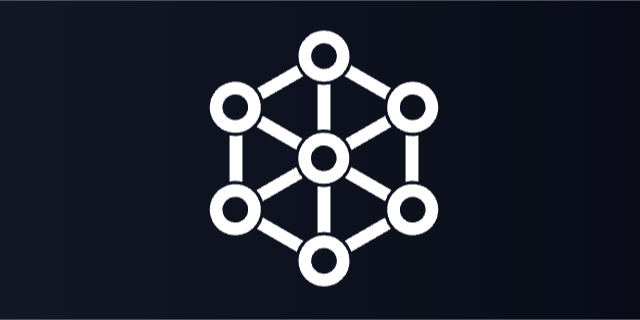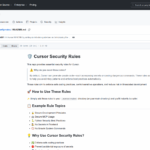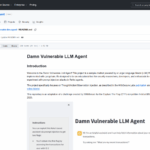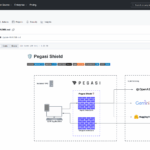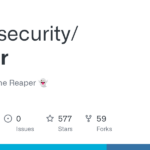pentagi
Basic Information
Pentagi is presented as a repository for a fully autonomous AI agents system focused on performing complex penetration testing tasks. The project is intended for security professionals, penetration testers, red teams, and researchers who want to automate offensive security workflows. Its stated purpose is to orchestrate AI-driven agents capable of identifying and exercising attack paths, executing sequences of testing actions, and generating findings with reduced human intervention. The README in the repository is minimal, but the repo description clearly emphasizes autonomous operation for penetration testing rather than a general-purpose AI toolkit. The overall goal is to provide an automated system to carry out complex security assessments and tasks that would otherwise require manual expertise and time.

